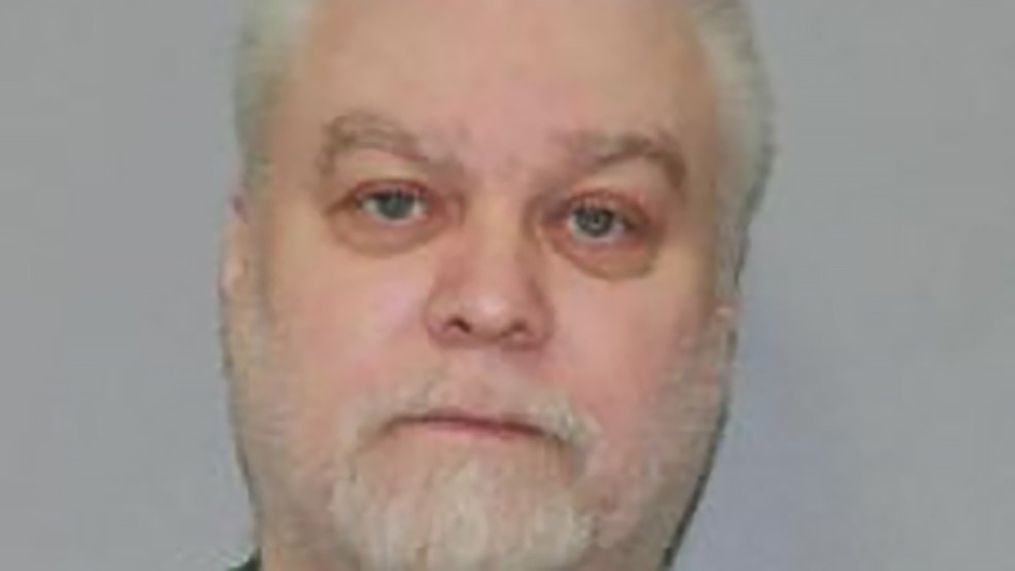Making a Murderer: Wisconsin says Steven Avery's latest appeal should be denied

MADISON (WLUK) — The state says Steven Avery’s latest appeals should be denied.
Avery is serving a life term for the 2005 murder of Teresa Halbach.
Avery’s nephew, Brendan Dassey, was also convicted in the case. He currently does not have any appeals pending.
Their cases received worldwide attention with the 2015 release of the Netflix series "Making A Murderer."
After an appeals court denied a recent series of motions seeking new evidentiary hearings or a new trial, Avery’s attorney appealed to the Wisconsin Supreme Court, asking it to review the case.
In a 12-page response, the state Attorney General’s office said the petition should be denied because “As he has done throughout this proceeding, in his petition Avery has egregiously misrepresented the record (as the court of appeals repeatedly noted1), the law, the lower courts’ opinions, and even his own arguments.”
Prosecutors contend the only issue Avery has properly raised “would be whether the court of appeals erred when it found that Avery’s motions failed to plead sufficient facts that were actually supported by some evidence to both overcome the procedural bar of (state law and previous court decision) and to require an evidentiary hearing. Even a casual review of the record shows that the court of appeals correctly applied the law and appropriately held that the circuit court was not required to hold a hearing on any of Avery’s issues—because Avery’s motions were all utterly devoid of factual support sufficient to lead to the conclusions Avery claimed. Avery’s motions were insufficiently pled, and the circuit court had discretion to deny them without an evidentiary hearing. So, at best, Avery asks this Court to engage in error correction—of nonexistent errors. This Court is not an error-correcting court.”
“In short, despite what he appears to believe, the fact that Avery’s case was the subject of a television show does not absolve him from following the well-established rules of Wisconsin procedure; it does not entitle him to a hearing on insufficiently pled claims based only on raw speculation and misrepresentations of the facts; and it does not entitle him to this Court’s review of a perfectly sound decision by the Court of Appeals. This case does not meet any of this Court’s criteria for review, and there are no compelling reasons for this Court to hear it. This Court should deny Avery’s petition,” the state wrote.
The Supreme Court does not have to hear arguments on the case. No hearings are scheduled.
